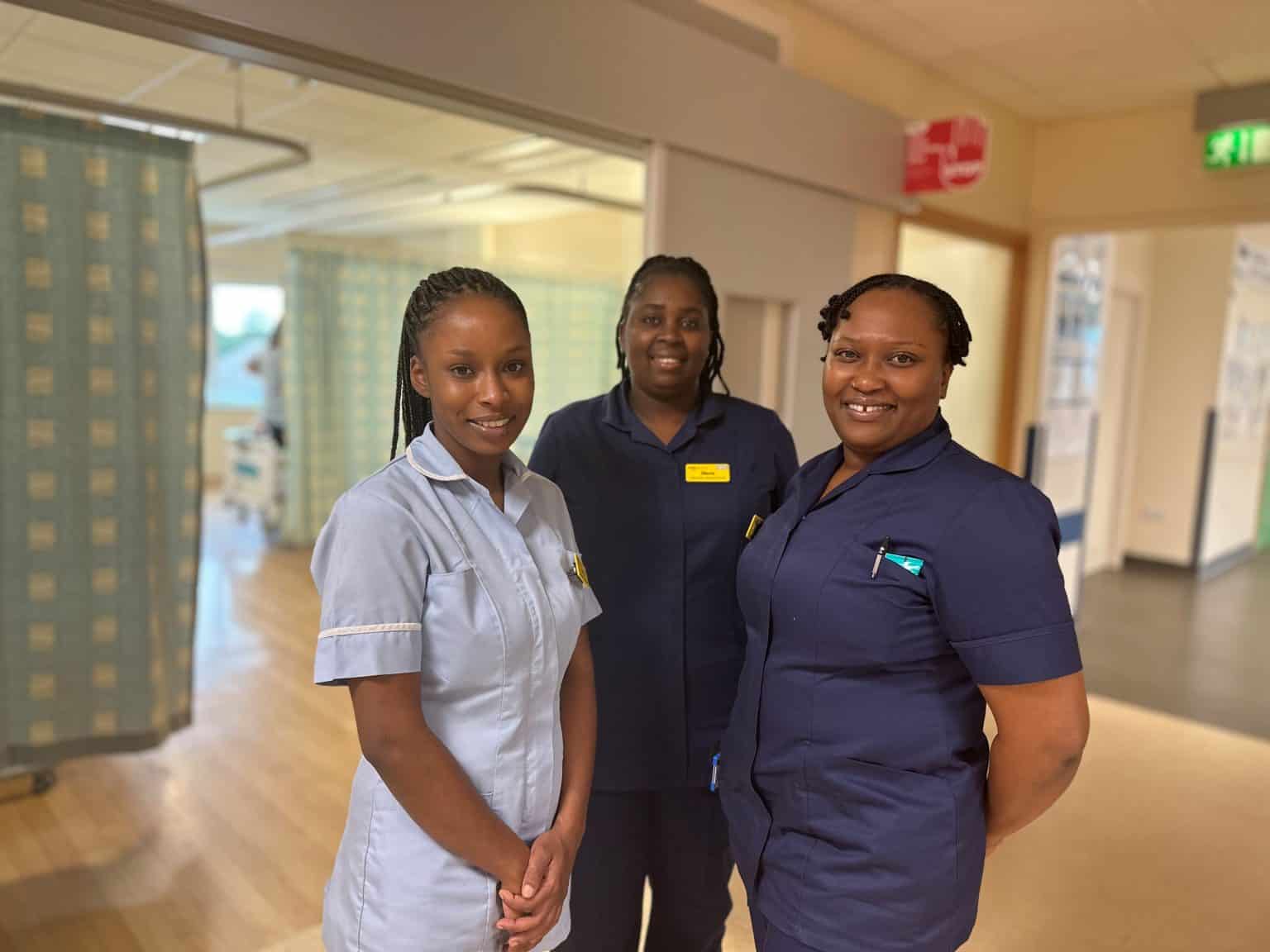
Nurses at Sandwell and West Birmingham NHS Trust have been working with university academics to introduce a new way of treating patients for the little-known condition alcohol-related brain damage (ARBD).
The Alcohol Care Team at will implement a national plan, created by the University of South Wales (USW), to treat the condition which is related to the long-term effects of alcohol consumption.
More people are at risk of ARBD and as a result the Trust, which runs City Hospital in Birmingham and West Bromwich-based Sandwell Hospital is working with the Addictions Research Group from USW, to raise awareness around prevention and diagnosis.
Their work has already been shortlisted by the National Institute for Health and Care Research Clinical Research Network Awards in the collaboration/partnership research category.
Arlene Copland, Lead ACT nurse said: “We are aware that there are many people at risk of ARBD and this is worrying. This condition is often hard to diagnose so it is vitally important that we raise awareness and that patients are put on a recognised treatment plan. ARBD is caused by a person regularly drinking too much alcohol or binge-drinking over several years and people whose diet has a low nutritional value are most at risk. Generally, symptoms of ARBD affect people aged between 40 and 50 but can be older than this.
“By working with the Addictions Research Group and implementing the plan, we will improve care for our patients who present with this condition. We know that if a person stops drinking, remains alcohol free and receives good support they may be able to make a partial or even full recovery.”
Professor Sally Bradberry, director for the National Poisons Information Service based at City Hospital, added: “We are delighted to be working with colleagues from the Addictions Research Group at the University of South Wales and for the recognition from the Clinical Research Network. Dr Darren Quelch and his senior colleagues Professors Bev John and Gareth Roderique-Davies have, in just three months, provided unrivalled insight, expertise and enthusiasm that has transformed the academic output and research vision of the Alcohol Care Team. We are excited and inspired by the opportunities this collaboration presents for future academic studies and service developments to improve the care of patients whose health is adversely affected by alcohol.”
The collaboration came about after Kelly Hard, the Trust’s Head of Research and Development facilitated the partnership.
Prof Bradberry added: “We are indebted to Kelly Hard.”
The Alcohol Care Team was established in 2018 and has been recognised by NHS England as a national leader for the delivery of high-quality, holistic care for those living with alcohol use disorders. Meanwhile, the Addictions Research Group has been producing research at an international level and their spans awareness raising, prevention, early identification and diagnosis, and treatment development.
Darren Quelch, USW senior research assistant, said: “The Alcohol Care Team team at SWB are innovators in their field. Promoting their approach to providing care for this vulnerable, and often overlooked group, is crucial for development of national improvements to the management of alcohol use disorders.
“Central to the collaboration is the development of evidence-based practice recommendations for wider implementation. The research and innovation techniques employed by the both the USW and Alcohol Care Teams are directly transferrable to similar teams and care settings. The research that is currently underway has been vital in demonstrating this impact.”
The aim of the collaboration is to evaluate data relating to the Alcohol Care Team activities and practice innovation, help promote their impactful care model among academic and health care audiences, and to pursue future research and funding opportunities that will lead to improvements in care for patients.

